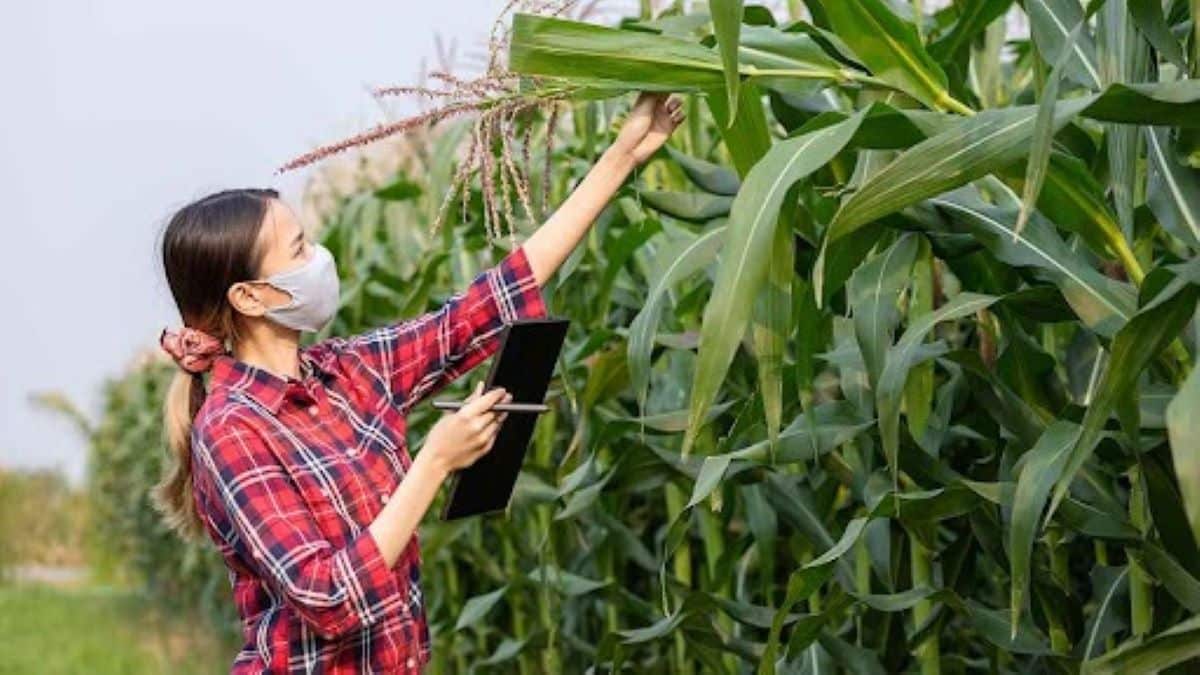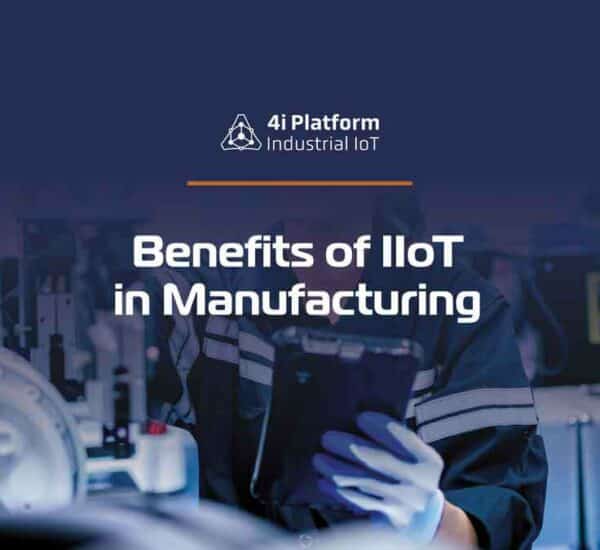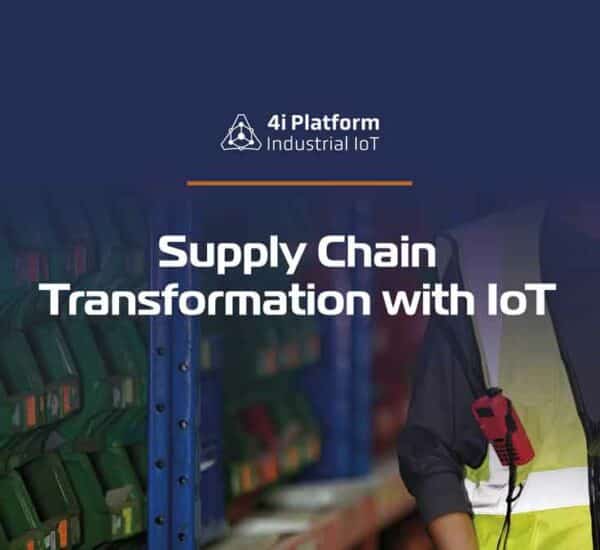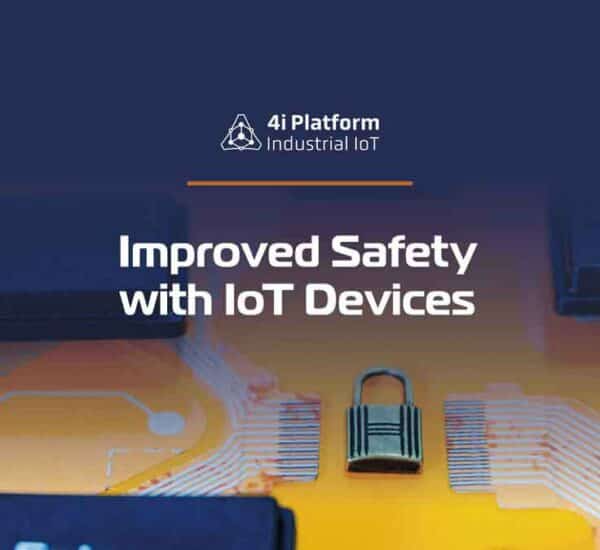The global IoT market is expected to increase from USD 300.3 billion in 2021 to USD 650.5 billion by 2026, despite the impact of the COVID-19 pandemic. And IoT for smart farming has the potential to revolutionize agriculture through advanced technology for crop management.
IoT for smart farming is an innovative system that aims to improve the efficiency of crop monitoring via technologies like sensors, software, and data analytics. To improve plant growth, it keeps track of factors like temperature, humidity, light, and crop health.
Smart farming, which is based on IoT technology, helps reduce waste and improves farm productivity. Besides, it allows for the efficient use of resources such as water, fuel, electricity, and labor. Consequently, production rates have increased dramatically to meet the demand.
Agriculture 5.0 describes the way crops are managed to make them profitable. Data is vital. IoT technology is revolutionizing the agriculture sector and enabling critical decision-making. Now, farmers can grow crops in a more controlled, productive way.
Remote Management for Smart Farming
IoT for smart farming solutions offers a wider perspective, including better facilities, and a data-driven approach that allows for efficient monitoring of the fields. This amazing advancement, with field data accessible via artificial satellites, allows farmers to implement precision agriculture.
It also improves the quality of farm managers’ work and provides them with better strategies to make informed decisions. Remote management is possible via connected devices such as smartphones. This also gives managers an opportunity to have a better view of the crop health and field conditions to improve the quality of their crops.
- Real-time field monitoring with sensors
- Satellite communication – data-driven crop management
- Spatial resolutions – precision agriculture
- Remote farm management – connected devices
Understanding Real-Time Analysis
IoT devices collect data from multiple sources both on-farm and off-farm. Using advanced algorithms like AI and IoT, the data generates real-time insights so that managers can make data-driven decisions to improve productivity and grow their agricultural business.
Smart farming solutions based on IoT technology can enhance the field monitoring system. Farmers don’t have to be always at the farm. Instead, they can monitor the production remotely via smart connectivity. As a result, they can save time and energy without having to compromise the effectiveness of the production.
- Real-time analysis of on-farm and off-farm data
- Data-driven decision-making for better output
- Smart connectivity – time savings and reduced labor
Smart Greenhouses
The new smart greenhouses combine traditional farming methods with new technology to provide complete visibility across the farm and allow for automation of all aspects of the operation. IoT-enabled smart greenhouses have sensors that enable continuous data monitoring through predictive models.
These models can provide relevant information about crop diseases and infection risks. If these data are gathered early enough, farmers can decrease the chance of contamination in the field.
IoT for smart farming gives farmers an opportunity to help lower labor costs, increase resource efficiency, and make efficient use of chemicals. Moreover, it also helps to optimize yield rates and maintain ideal climatic conditions for crops.
- IoT-based farming solutions – field transparency
- Modern sensors installation – continuous data monitoring
- Smart greenhouses: optimized yield rates and ideal climatic conditions
IoT for smart farming makes sure that crop quality and crop growth are up to par by remote field management. Additionally, it also helps farmers maintain ideal climate conditions to grow high-demand crops during the off-season.
For instance, farmers can monitor changes in the leaves, crop yield, proper photosynthesis, and growth of the roots and shoots with advanced sensors. The information can then be shared via a connected dashboard displayed on the user’s smartphone.
As a farm manager, you can collect data about the complete process from seed germination through the flowering and fruiting stages of the crops. This information will allow you to keep an eye on the field’s health and thus help you make better decisions and grow better produce.





